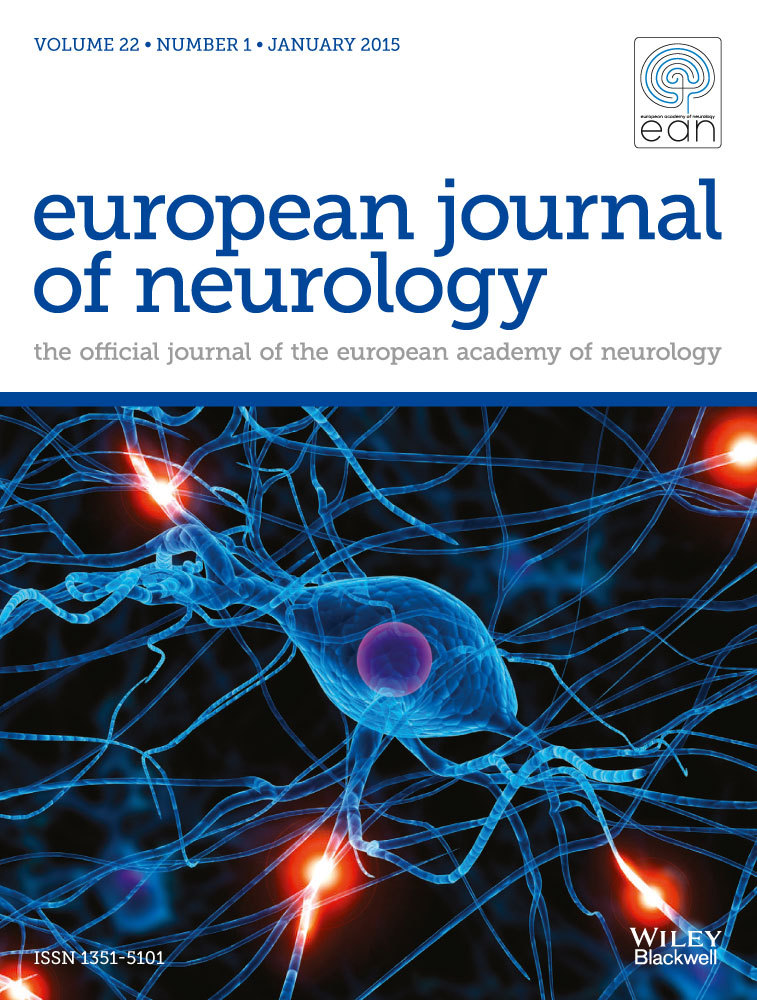Testing for Acetylcholine Receptor and Muscle-Specific Tyrosine Kinase Antibodies by Fixed Cell-Based Assay in Clinical Practice: Positive Predictive Value for Myasthenia Gravis
Abstract
Background
Fixed cell-based assays (CBAs) to detect acetylcholine receptor and muscle-specific tyrosine kinase antibodies (anti-AChR/MuSK) are now available, but evaluations of their diagnostic performance in clinical practice are lacking. We examined the positive predictive value (PPV) of anti-AChR/MuSK fixed CBA for myasthenia gravis (MG), following the implementation of this assay as first-line testing at our centre.
Methods
We identified all patients at our centre with positive anti-AChR/MuSK fixed CBA results between November 2021 and July 2024. Clinical information was reviewed to classify patients as having true positive or false positive antibody results. Patients with a clinical presentation compatible with MG and no more likely alternative diagnosis were classified as true positives, whereas all others were classified as false positives. Test PPV was calculated as the proportion of positives that were classified as true positives.
Results
Of 770 patients who underwent anti-AChR/MuSK fixed CBA testing, 109 (14%) had positive antibody results (Anti-AChR, 105; Anti-MuSK, 4). Among them, one patient with anti-AChR positivity was classified as a false positive (suspected thymic hyperplasia without neurologic symptoms). The remaining 108 patients were classified as true positives, resulting in a calculated PPV of 99%.
Conclusions
We found that anti-AChR/MuSK fixed CBA had excellent PPV for MG. Anti-AChR positivity in one asymptomatic patient with suspected thymic hyperplasia was classified as a false positive result, although the possibility that it represents a true marker of thymic pathology in a patient who may later develop MG is challenging to exclude. The high PPV reported herein supports the use of anti-AChR/MuSK fixed CBA as first-line testing for suspected MG.


 求助内容:
求助内容: 应助结果提醒方式:
应助结果提醒方式:


